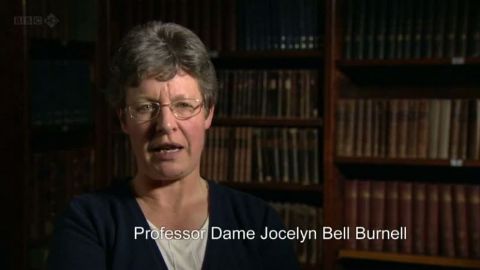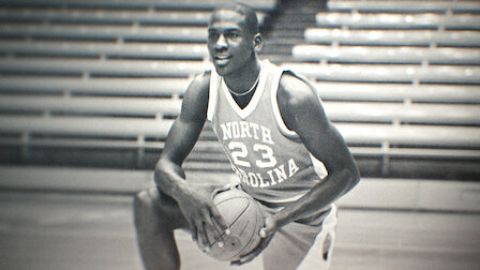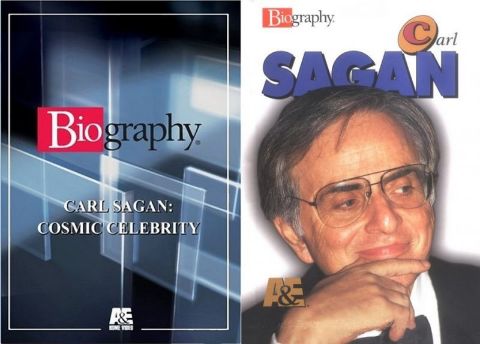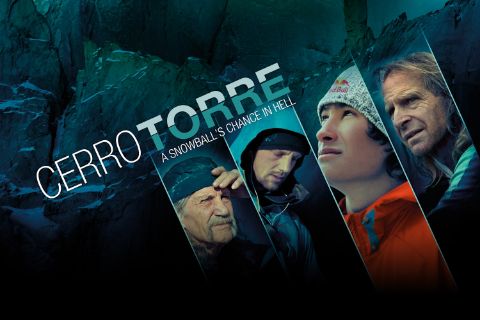Professor Andre Geim • 2012 • episode "S2E2" • Beautiful Minds
Professor Andre Geim is a condensed matter physicist at the University of Manchester. His life's work has been to gain a better understanding of the materials that make up the world around us. While just one subject can be a scientist's life's work, Andre has made switching fields a feature of his career. But while straying from the conventional path can be risky for a scientist, Andre has repeatedly turned it to his advantage. His "let's try it and see" approach means he's the only individual winner of the both the Nobel and the more light hearted Ig Nobel Prizes. He won the Nobel Prize for Physics in 2010 for uncovering the extraordinary properties of a material called graphene, but Geim can also lay claim to seeding two other new areas of physics research--levitation and gecko tape.
Make a donation
Buy a brother a hot coffee? Or a cold beer?
Hope you're finding these documentaries fascinating and eye-opening. It's just me, working hard behind the scenes to bring you this enriching content.
Running and maintaining a website like this takes time and resources. That's why I'm reaching out to you. If you appreciate what I do and would like to support my efforts, would you consider "buying me a coffee"?
Donation addresses
BTC: bc1q8ldskxh4x9qnddhcrgcun8rtvddeldm2a07r2v
ETH: 0x5CCAAA1afc5c5D814129d99277dDb5A979672116
With your donation through , you can show your appreciation and help me keep this project going. Every contribution, no matter how small, makes a significant impact. It goes directly towards covering server costs.











